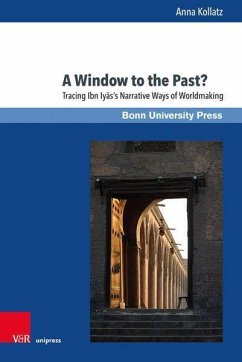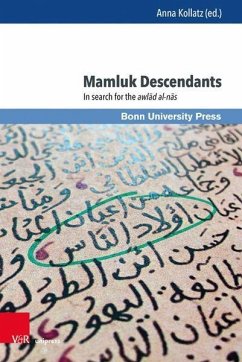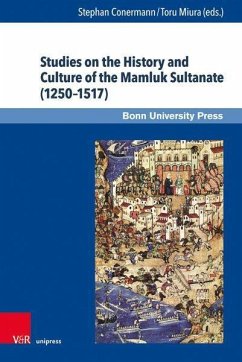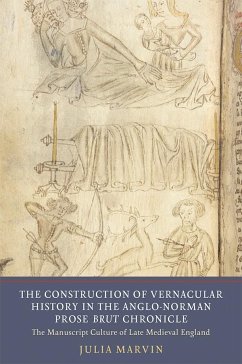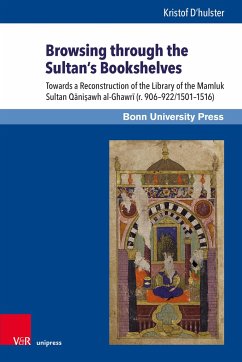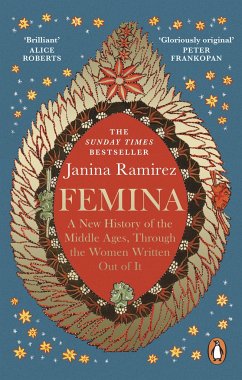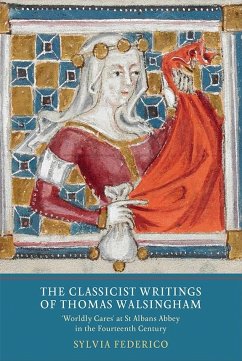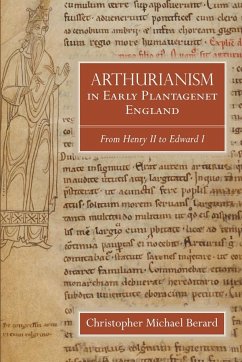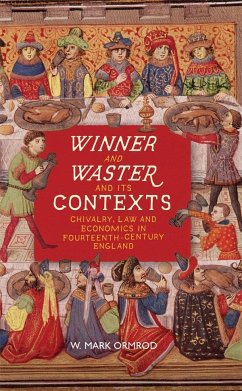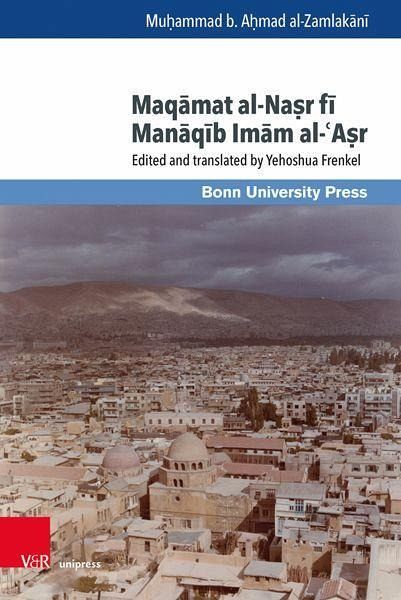
Maqamat al-Nasr fi Manaqib Imam al-Asr

PAYBACK Punkte
0 °P sammeln!
A unique Mamluk manuscript tells the story of a Damascene jurist. Ibn al-Zamlakani's story revolves around a dramatic episode in the life of his master, the great judge Taj al-Din al-Subki, who is the central figure (hero) of the tale. The composer justly names his document maqamah. In rhyming prose, it narrates several episodes. Transmitted by a narrator (or at least his voice), who distances himself from the event, it is a story about an escape from hardship of a hero who is supported by good characters and face some evil enemies. Yet, it is not a biography, but a dramatic plot that transmit...
A unique Mamluk manuscript tells the story of a Damascene jurist. Ibn al-Zamlakani's story revolves around a dramatic episode in the life of his master, the great judge Taj al-Din al-Subki, who is the central figure (hero) of the tale. The composer justly names his document maqamah. In rhyming prose, it narrates several episodes. Transmitted by a narrator (or at least his voice), who distances himself from the event, it is a story about an escape from hardship of a hero who is supported by good characters and face some evil enemies. Yet, it is not a biography, but a dramatic plot that transmits a moral lesson. The maqamah illuminates the relations between the Mamluk ruling military aristocracy and the religious establishment, as well as the competition that divided the Damascene urban elite.




